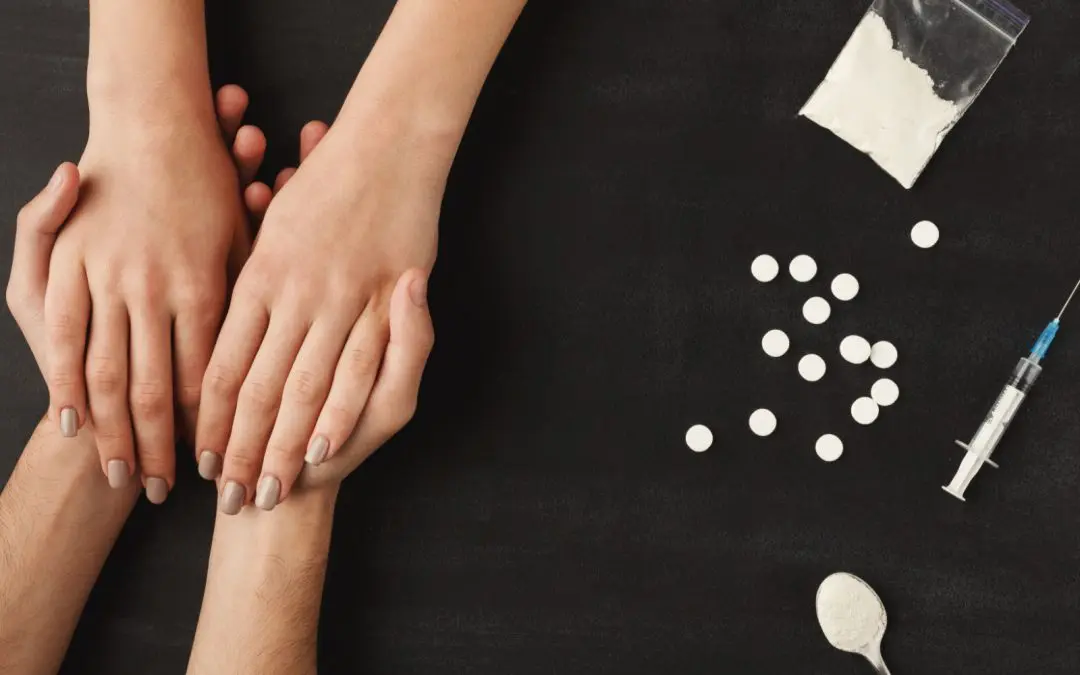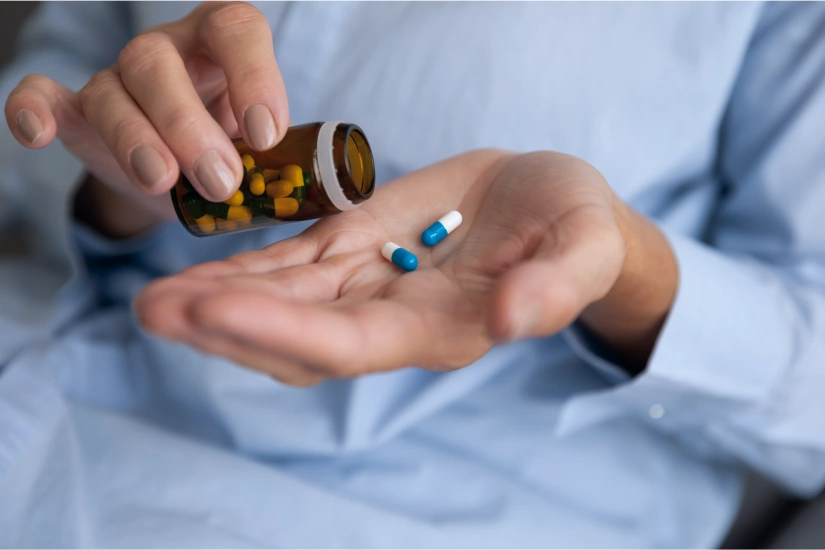24/7 Helpline:
(866) 899-111424/7 Helpline:
(866) 899-1114
Learn more about Bipolar Disorder Treatment centers in Stetson
Bipolar Disorder Treatment in Other Cities














NFI North – Stetson Ranch
The NFI North Stetson Ranch is a CARF accredited behavioral health treatment center in Stetson, ME f...




















Other Insurance Options

Premera

Meritain

Lucent

BlueShield

Carleon

Cigna

MHNNet Behavioral Health

Optima

Magellan Health

Magellan

Providence

Holman Group

Excellus

Group Health Incorporated

American Behavioral
Beacon

WellPoint

UnitedHealth Group

MVP Healthcare

Sliding scale payment assistance